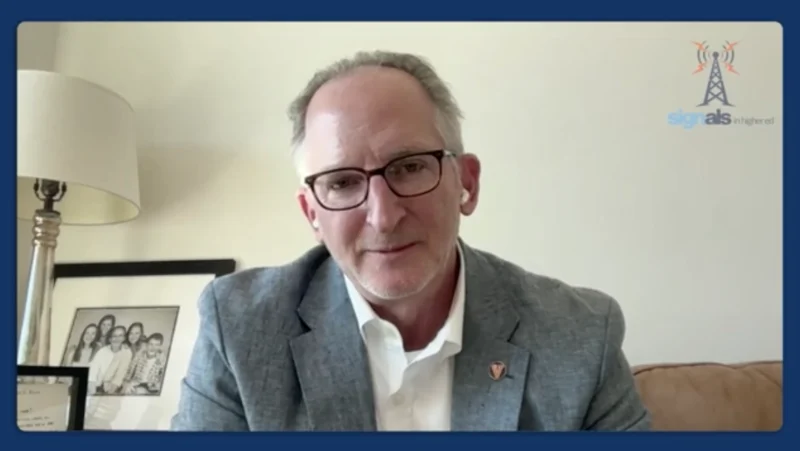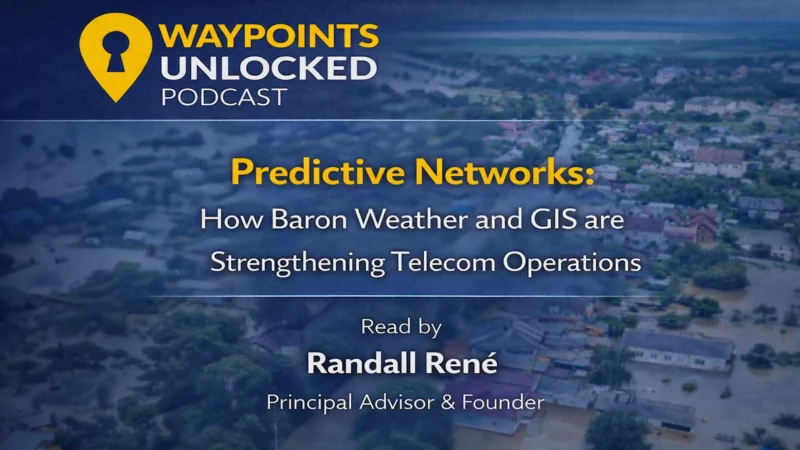Mentorship and Knowledge Transfer are Key HVAC Workforce Development Strategies for a Growing Industry
The HVAC industry is facing a critical challenge: a growing demand for skilled workers amid a wave of retirements. According to the U.S. Bureau of Labor Statistics, the need for HVAC technicians is projected to grow by 9% from 2023 to 2033. With this increasing demand, HVAC workforce development has become essential as companies seek to attract, train, and retain the next generation of talent in this highly technical field.
What strategies are effective for building a future-ready HVAC workforce while preserving the knowledge of retiring industry veterans?
In Straight Outta Crumpton, host Greg Crumpton sits down with Cole Stewart, Operations and Safety Manager at Gentry Service in Asheville, NC. They explore the steps that Gentry Service is taking to prepare the workforce of tomorrow through hands-on training, mentorship, and forward-thinking career development.
Key Takeaways:
- Fostering future talent: Cole discusses Gentry’s proactive engagement with local colleges and apprenticeship programs, emphasizing the importance of structured training and career pathways for new recruits as part of comprehensive HVAC workforce development.
- Craftsmanship at its core: Cole highlights how foundational HVAC skills—plumbing, electrical, and fabrication—apply to multiple fields, showing how comprehensive training can create well-rounded professionals.
- Preserving expertise: Greg and Cole address the importance of capturing and documenting the knowledge of experienced workers through mentorship programs, recorded training sessions, and internal knowledge-sharing platforms.
Cole Stewart has dedicated 28 years to the HVAC industry, starting his career in 1995. With experience in residential and light commercial systems, Cole now serves as the Operations and Safety Manager at Gentry Service. His focus on workforce development and hands-on mentorship is helping shape the future of HVAC technicians in Western North Carolina.




